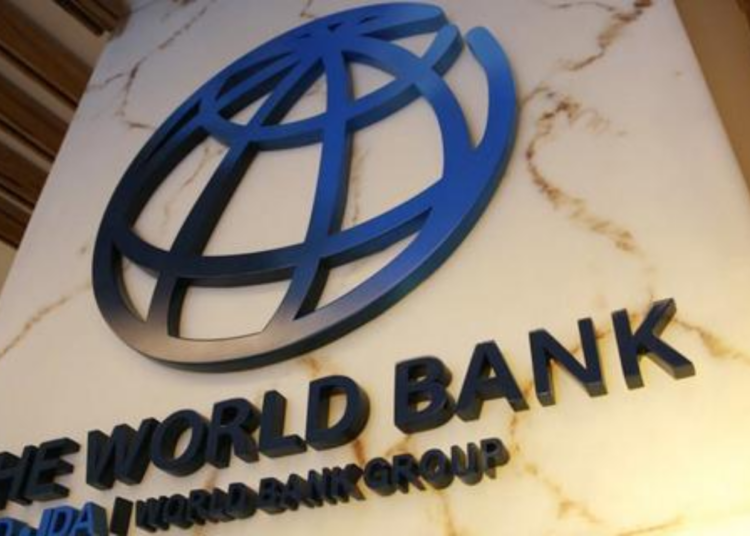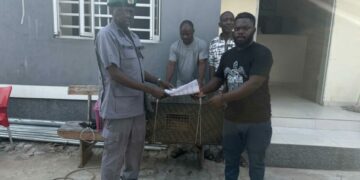The World Bank has selected Gombe as one of the three states in Nigeria to undergo a comprehensive Public Expenditure and Financial Accountability (PEFA) assessment, placing the state under an international spotlight for governance and fiscal reforms.
A team of World Bank consultants, led by former Director-General of the Budget Office of the Federation, Ben Akabueze, arrived in Gombe earlier in the week to begin a detailed Public Financial Management Review (PFMR) under the globally recognised PEFA Subnational Framework.
According to a statement by Gombe State governor’s media aide, Isma’ila Uba Misilli, while Cross River and Ekiti are the other states chosen from the South, Gombe becomes the only state from the Northern part of Nigeria selected.
Misilli noted that the assessment will examine Gombe’s public finance systems across eight pillars, 32 indicators and 98 dimensions designed to evaluate how effectively the state plans, allocates, manages and reports public resources, adding that the review will also generate evidence-based recommendations aimed at strengthening transparency, accountability and financial efficiency.
Mr Akabueze told Governor Muhammadu Inuwa Yahaya during a meeting at the Government House that the mission seeks to help Gombe deepen its ongoing reforms, strengthen institutions and reinforce fiscal discipline.
He said the findings would guide the state in updating or establishing stronger policies, structures and oversight mechanisms critical to prudent financial governance.
While welcoming the team, Governor Yahaya described Gombe’s selection as a validation of the state’s sustained reforms and progress in public sector management.
He reaffirmed his administration’s commitment to transparency, accountability, and prudent financial practices, noting that credible assessments, such as the PEFA review, are crucial for identifying gaps and improving service delivery.
The governor directed the Commissioner for Finance, Malam Muhammad Gambo Magaji, and all relevant ministries, departments and agencies to fully cooperate with the World Bank team by providing all required documents, data and information.
The visiting consultants are expected to meet with key MDAs, stakeholders and technical teams throughout their stay in the state as part of the wide-ranging assessment.





